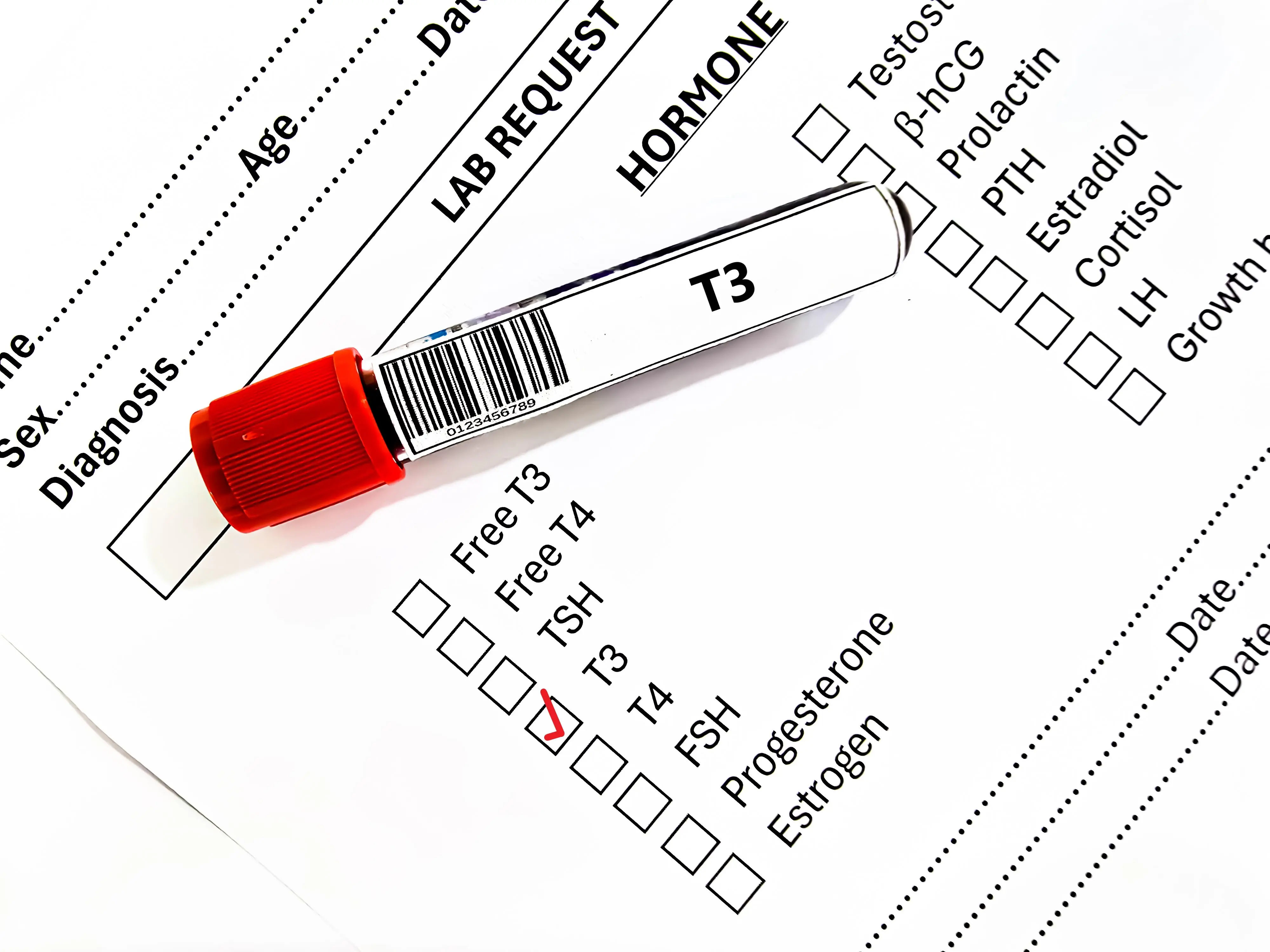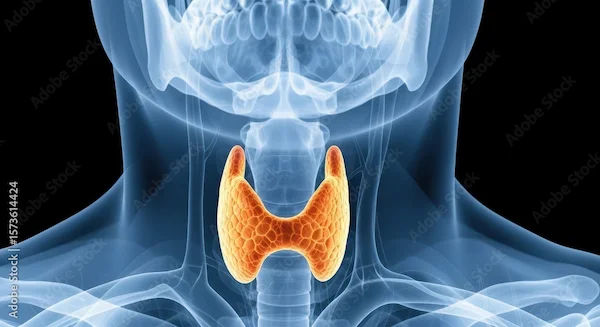- female
- 40 Years
- 31/03/2021
Is Ginger good for hyperthyroidism?
Answered by 1 Apollo Doctors
Ginger is know to have antioxidative properties along with control on metabolic rate and inflammation, which helps to keep thyroid hormones in control. One should keep in mind that excess intake of ginger should also be avoided as one research has shown negative results.
Dr. Dr Khaleel Suggests...
Consult a Endocrinologist
Answered 04/07/2025
0
0


Ask Apollo
AI powered Health Chatbot
-
Potential Benefits:
Ginger has anti-inflammatory and antioxidant properties, which can support overall health. -
Effect on Thyroid:
There is limited evidence that ginger directly affects thyroid hormone levels. It is not known to worsen hyperthyroidism. -
Caution:
Since hyperthyroidism can affect metabolism and heart rate, any new supplement or dietary change should be discussed with your healthcare provider to ensure it does not interfere with your treatment or symptoms. -
Usage:
Consuming ginger in typical dietary amounts (like in cooking or tea) is usually safe.
Recommendation:
Always consult your endocrinologist or healthcare provider before adding ginger supplements or significantly increasing intake, to tailor advice to your specific health status and medications. This helps ensure safe and effective management of your hyperthyroidism.
Recommended next steps
Consult a Endocrinologist
Answered 20/08/2025
0
0
More Endocrinology Health Queries
View allI'm really worried about my vitamin D levels, they're really low at 7.6. I tried taking calciferol 60k, but it made me feel so sick with vomiting, severe restlessness, and even dryness and burning in my head and heart that lasted a while. Now, I'm managing to take Calcimax syrup, 5ml twice a day, but after each dose, I get heartburn and feel restless for 3-4 hours. I'm also on Polybin since my B13 is at 247, and luckily that isn't causing any issues. However, I once tried Astime syrup and ended up with a rash and swelling inside my upper lip. What should I do?
-It sounds like her vitamin D levels are quite low, and the side effects from calciferol and Calcimax syrup are causing significant discomfort, including heartburn and restlessness. Since she had a reaction to Astime syrup, it's important to find a suitab
Answered by 1 Apollo Doctors
I did an IUI on February 15th, and my last period started on February 1st. I havent gotten my period yet, and the pregnancy test is negative. Im getting period-like cramps on and off, which is confusing because I'm usually pretty regular. Could you help me understand what's going on?
It is possible that the delay in your period and the presence of cramping could be due to various reasons such as hormonal imbalances, stress, changes in diet or exercise, or even the aftermath of the IUI procedure. It is important to monitor your symptoms and consult with your healthcare provider for further evaluation and guidance. In the meantime, you can consider taking medications like Medroxyprogesterone to help induce a period if deemed appropriate by your doctor.
Answered by 1 Apollo Doctors
I'm really worried about what kind of food is safe for a diabetic patient. Can she have jaggery instead of sugar? Also, could you let me know what kinds of dry fruits she can eat and how much is okay?
yes u can use it, visit ur physician for apprpropriate managent
Answered by 1 Apollo Doctors
Disclaimer: Answers on Apollo 247 are not intended to replace your doctor advice. Always seek help of a professional doctor in case of an medical emergency or ailment.



